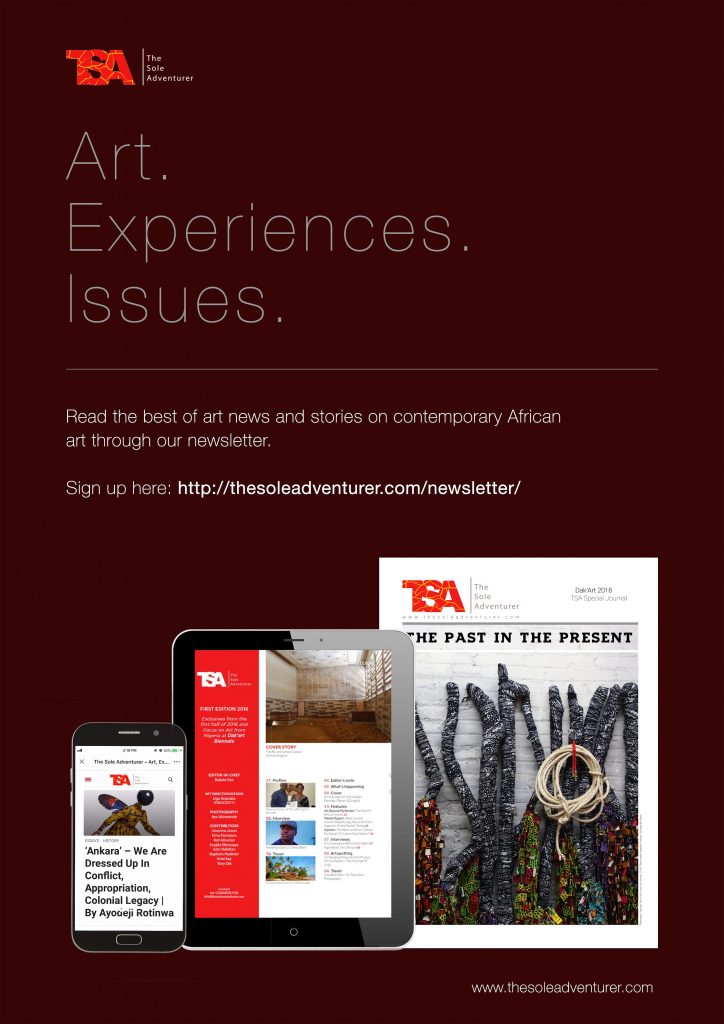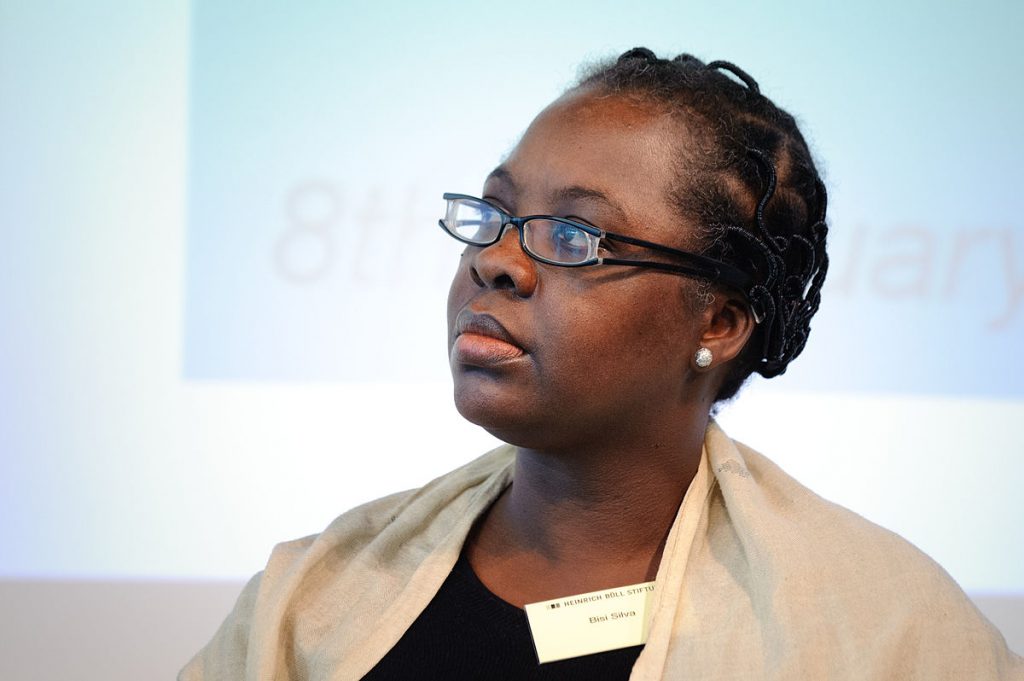On Thursday evening, organisers of LagosPhoto held a private viewing event for the main exhibition of the festival at the Escalator Entrance, Eko Hotels and Suites. It was the first of the two openings common with exhibitions or art events of this size. As guests step into the transformed space, the vibrant music and beautiful aesthetics usher them into the world of photography. If nothing else is sure at the festival’s events, having fun is always guaranteed. LagosPhoto organises some of the coolest and well attended art events in Lagos with lots of media paparazzi in tow to spread the news.
In line with its consistent focus on different African dialogues through local and international photographers, the sixth edition, Designing Futures, presents a journey through historical archives and contemporary happenings to draw attention to possible events that will create the future or multiple futures. Either for good or otherwise. The archives explore subjects of creativity and design through fashion, tradition, pop cultures, cultural appropriation and identity, pollution and global warming, inequality, and complex contradictory notions of femininity, beauty and body image.


Cristina De Middel, a regular artist at the festival returns this year as the guest curator of Designing Futures. According to Wunika Mukan, Brand and Communications director, LagosPhoto, “Middel brought in an open mind and fresh perspectives to the subjects of the works selected for this year’s festival”. To justify this statement, she explained a series of photographs titled Pony Congo by Vicente Peredes from Spain. Pony Congo presents opposing realities of two worlds for kids of about the same age in Congo and Spain. These photographs had generated mixed reactions amongst viewers at the event on why the white ‘privileged’ kids had their faces protected and the black kids were unprotected poor kids of child labourers – an overused identity for children in Africa. It seems that one of the artist’s goals was to provoke this exact question towards ensuring that some day in the future children in Africa will enjoy the same protection and privilege given to children in Europe and other western countries. The work points at the basis of conflicts in inequality and also queries the media law which favours one child but not the other because of race and circumstance.


Another striking work brings attention to the danger and damage of environmental pollution in the near future. Fabrice Monteiro, a Senegalese photographer collaborates with a fashion and costume designer known as Doulsy to raise awareness on waste management. Together they created ghostly costumes and surreal beings out of garbage for conceptual photography shots at ten polluted locations in Senegal. To have a green future, as promoted by their sponsor – Ecofund, all humans must begin paying attention to waste management and other causes of climate change around the world.

There are other thought-provoking series displayed in different parts of the exhibition area. There is the multimedia documentary project by Robin Hammond for National Geographic titled My Lagos, and Ima Mfon’s portrait series Nigerian Identity addressing the singular identity given to all black people. For those who have been following Patrick Willocq’s Wale on pygmy mothers in the Democratic Republic of Congo, at the previous LagosPhoto exhibitions, you will find a futuristic imagination of what the tradition could become in 2050. The Ekonda tradition has shown no sign of stopping anytime soon. At this year’s festival, Willocq is showing a new series titled Superwales, representing the modern mother pygmies – of this unchanging tradition.
Encountering Joana Choumali’s work at the end (depending on where you start from) makes a perfect ending for those interested in photography techniques and variety. The super-imposed images and extended naked bodies in the series Awoulaba/Taille Fine demonstrate the concepts of beauty, femininity and body image in contemporary Africa as influenced by western media. On the side are pictures from the documentary and research on locally made mannequins in Ivory Coast. The style and technique in the main pictures engage the mind and eyes long enough to compensate for any time wasted on other works not entirely interesting or stimulating for the viewer.


Join LagosPhoto at the grand opening reception of the festival on Saturday 24th October, at the Escalator Entrance of Eko Hotels and Suites, at 6pm.













Photos: The Sole Adventurer.





